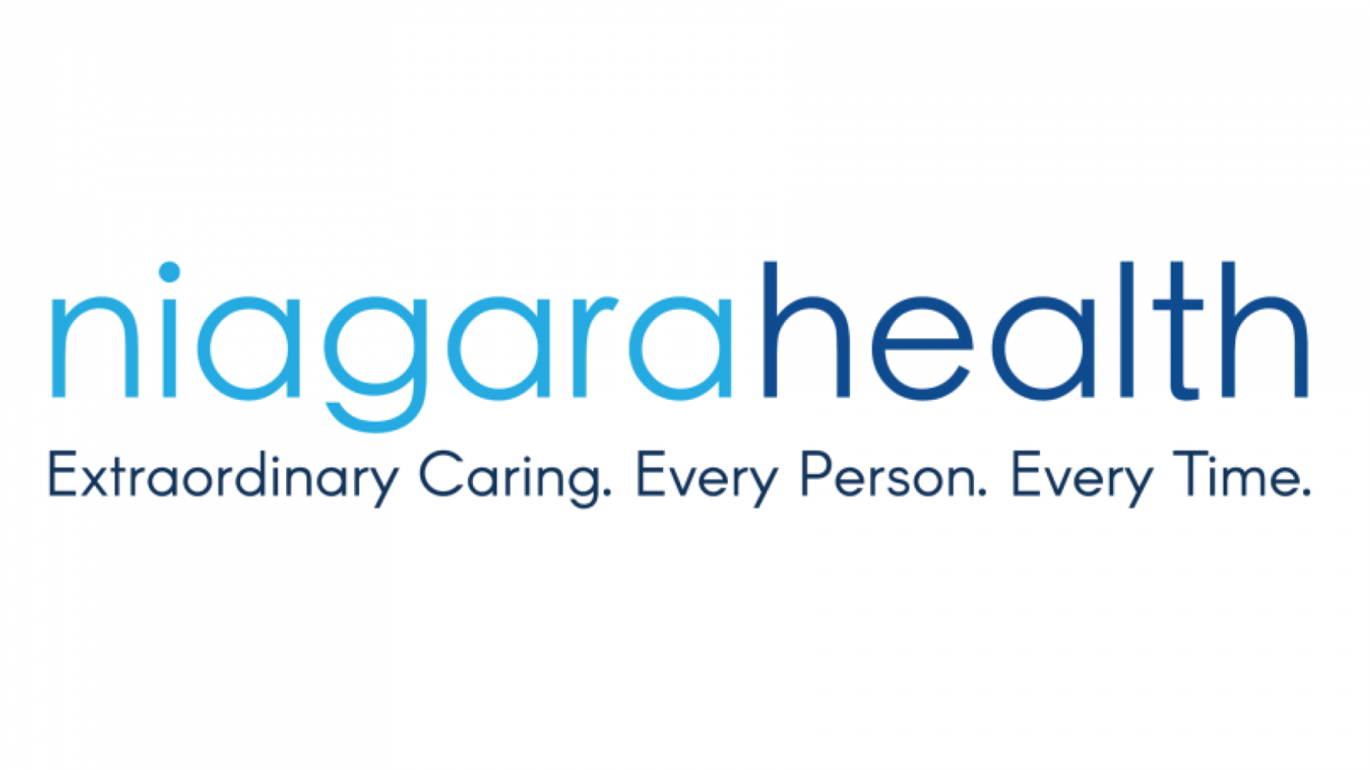Niagara Health’s St. Catharines Site Laboratory has expanded its expertise with the introduction of microbiology to test blood cultures in-house, providing quick and direct access to patient test results.
Previously, Niagara Health outsourced blood culture testing, but with the lab’s acquisition of a new BD BACTEC FX blood culture system, all Niagara Health sites now send their blood culture samples to the St. Catharines Site for testing. The BACTEC FX system has the capacity to incubate 1,000 blood culture samples and since going live with in-house testing on June 16, the St. Catharines Lab has tested over 2,500 samples.
“Bringing blood culture testing in-house provides our physicians quicker access to test results, allowing them to make decisions on how to care for our patients in a more timely manner,” said Mike Sharma, Director of Diagnostic Imaging, Cardio-Diagnostics and Laboratory Medicine. “This will help us better serve our patients and, hopefully, lead to reducing the length of their stay in the hospital.”
Physicians rely on blood culture testing to diagnose bloodstream infections. The BACTEC FX system provides enhanced detection of organisms that cause these infections. Staphylococcus aureus, for example, is one of the most common blood infections and can vary significantly when it comes to choosing the appropriate antibiotic therapy and treatment course to fight this infection. “The timely identification of these types of organisms, along with rapid tailoring of therapy and investigations is key in helping our patients,” says Dr. Karim Ali, Director, Division of Infectious Diseases and Antimicrobial Stewardship Program.
Blood culture samples are incubated in the BACTEC FX system for five days. The machine produces a preliminary report after 48 hours to show whether a sample tests positive or negative for bacterial growth. If bacteria is present, an audible alarm will sound and the sample will be removed and analyzed more closely by a Medical Laboratory Technologist to report any bacteria seen.
In-house testing reduces the travel distance and time needed to send samples to the lab, which cuts down the turnaround time and cost for obtaining results. Niagara Health still works with a referral lab in Toronto, which carries out additional testing to determine a more specific type of infection from blood cultures, if needed.
“This is an important milestone for Niagara Health,” says Dr. Ali, noting that it will help patients and will go a long way in supporting the success of Niagara Health’s Antimicrobial Stewardship Program. “By incubating in-house, it decreases the turnaround times for blood cultures which helps us diagnose and treat infections much quicker.”
Media Contact:
Patricia Bernardo, Junior Communications Specialist
905-378-4647, ext. 43872
Patricia.Bernardo@niagarahealth.on.ca



